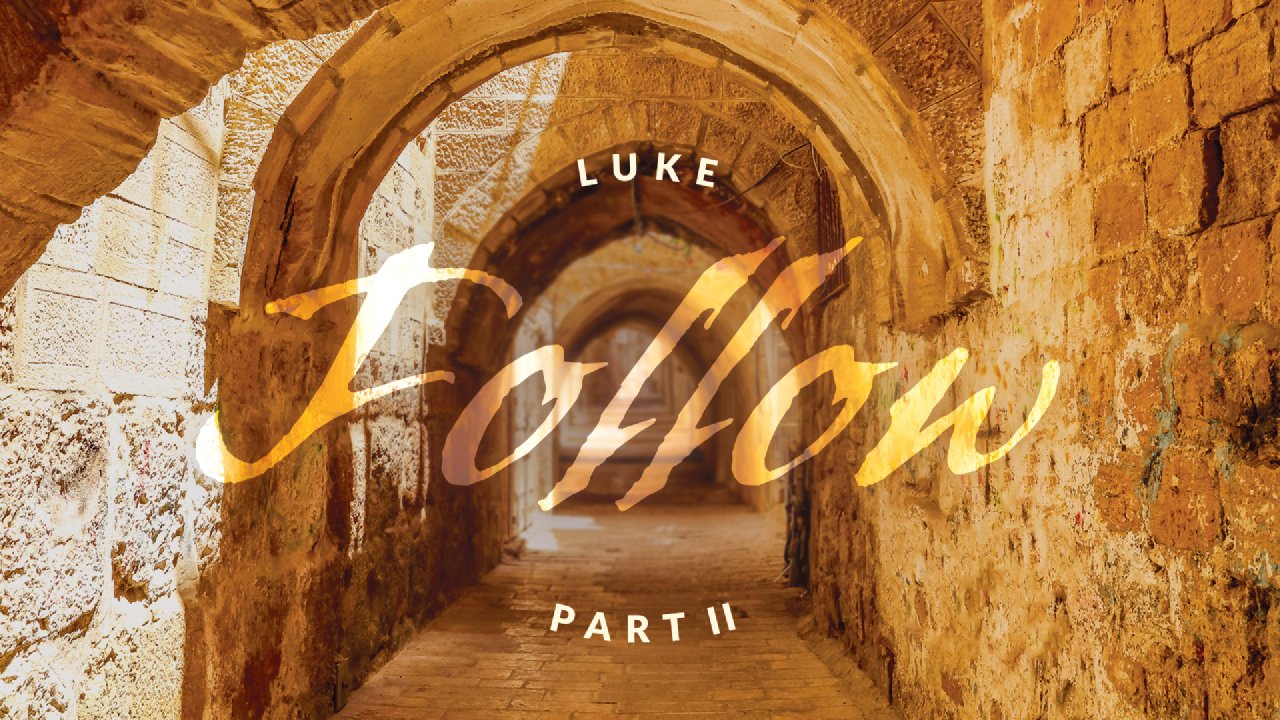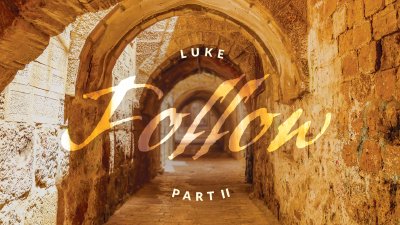Justified
May 3, 2020 • Robb Esperat
JUSTIFICATION
When you go to God in prayer, what are your most common habits of thought and emotion? What might they tell you about how you relate to God?
Read Luke 18:9-14. This parable contrasts two strategies for justification. What were the 3 contrasts mentioned in the sermon today? Are there any other contrasts you see?
In Philip Eveson’s essay on the doctrine of justification, he introduces justification as a grace given to “guilty sinners, who turn in self-despairing trust.” What is meant by ‘self-despairing trust’? How does the tax collector embody it? What would it look like for someone in our day?
Everyone struggles with self-righteousness to some degree. Review the ‘diagnostic questions’ from the sermon. Which question is most helpful to you in identifying your own tendencies toward self justification?
Do you have a tendency to look down on others with a critical eye?
Does your sense of personal goodness, acceptability, and self worth rise and fall according to how well you think you are performing?
When you think about your ‘righteousness bank account’, are you worn out from trying to make deposits to keep it (hopefully) in the black, or are you resting in the finished work of Jesus’ merciful atonement?
End your time in celebration of God’s merciful atonement for sinners. Review this list of verses on justification (or another list of your choosing). Speak verses to one another and to the Lord by ‘personalizing’ the address. For instance:
“Joe, Phil 3:9 says you are ‘found in Him, not having a righteousness of your own that comes from the law, but that which comes through faith in Christ, a righteousness from God that depends on faith.”
“Katie, just like Abraham, you have believed the Lord, and he has counted it to you as righteousness (Gen 15:6)!”
“Lord, you yourself bore our sins in your body on the tree, that we might die to sin and live to righteousness. By your wounds, we have been healed. Thank you! (1 Peter 2:24)
MAY 3, 2020





